Beyond the limits of mass transfer: design of 3D pillar electrodes in redox flow batteries
November 2020 - October 2024
Renewable intermittent power sources such as solar panels and windmills pose big challenges regarding production-consumption profile matching. To solve this issue, batteries can offer a sustainable solution. More specific, redox flow batteries are an interesting technology since in these batteries the storage capacity is decoupled from the size of the battery by actively circulating the electrolyte through the battery. Consequently, they are highly interesting for long-term and large-scale energy storage. However, to become industrially applicable the power output must be enhanced. For this reason, the mass transfer of the active species inside the battery must improve as in current state-of-the-art redox flow batteries the mass transfer is the limiting factor. The aim of this PhD project is to improve the mass transfer without the expense of increased pumping costs by developing 3D pillar electrodes. By having the combined effect of a high surface area, ordered geometry resulting in a low pressure drop, and uniform current and potential distribution, pillar electrodes in electrochemistry allow to surpass the current state-of-the-art.

